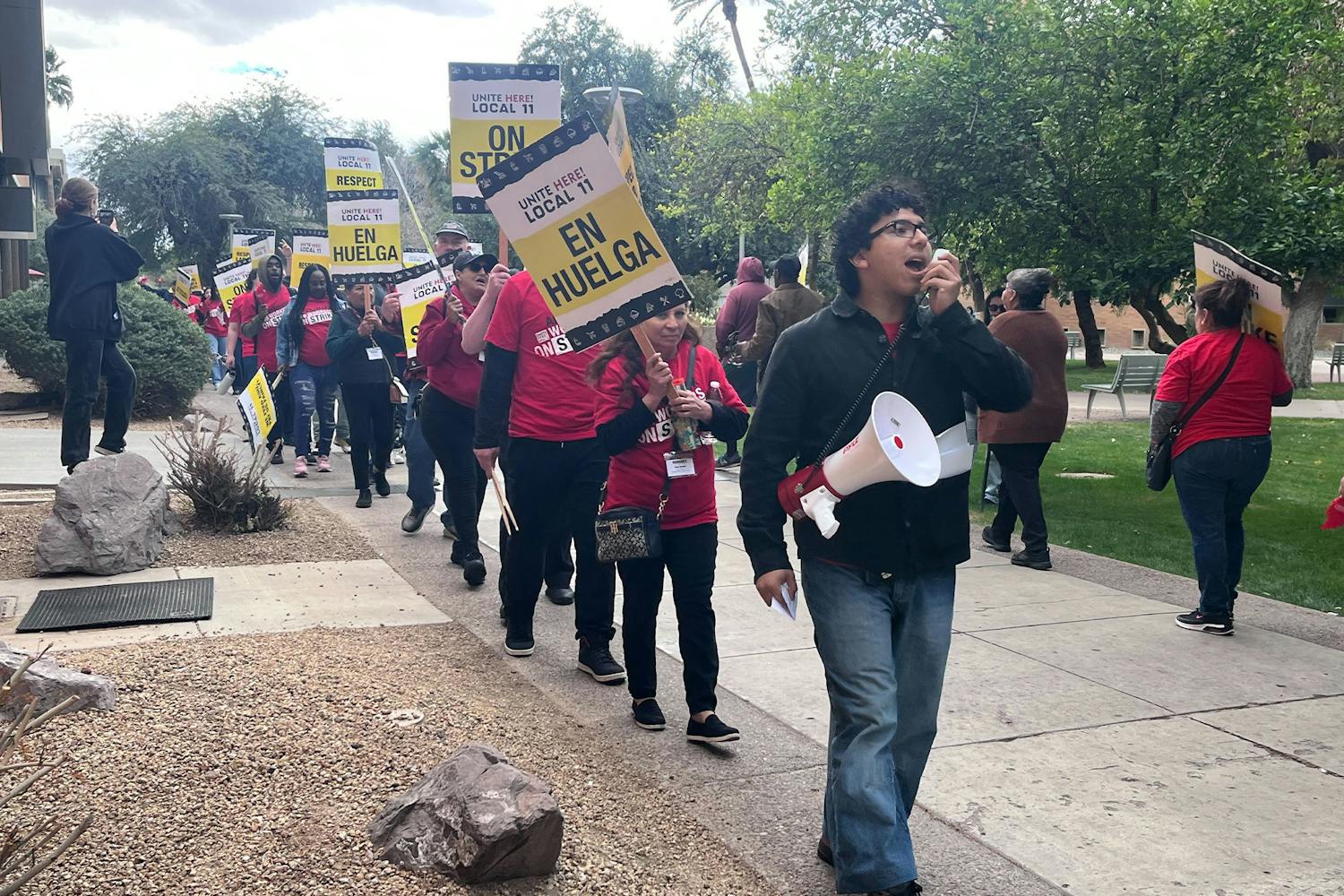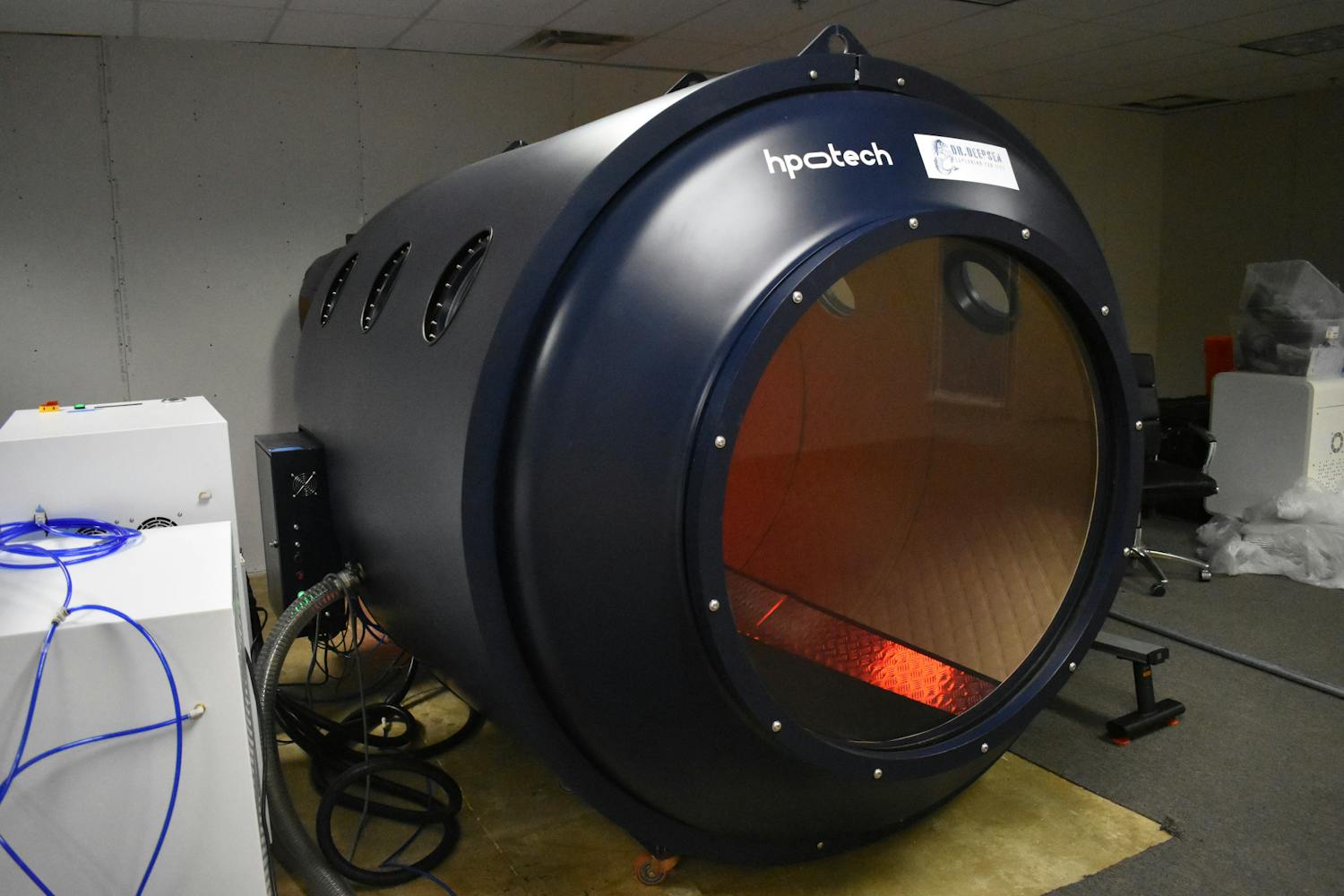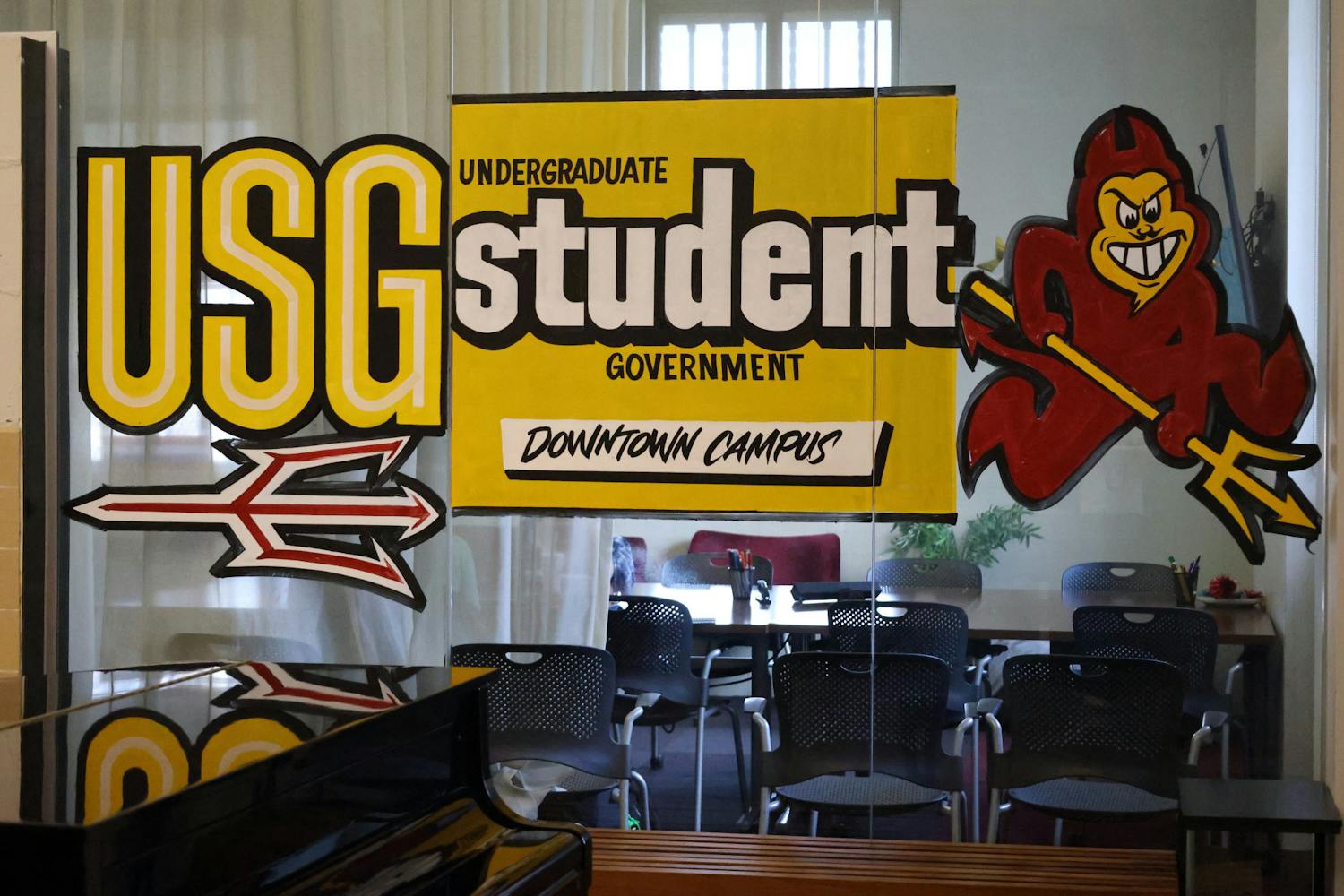If you're the only 35-year-old in a classroom of 20-somethings, you might be mistaken for somebody other than a student.
"People will often think I'm the professor," said Ethan Owen, a 35-year-old honors student pursuing a bachelor in computer science.
Owen said his classmates are usually between 19 and 21 years old, and their lives are very different from Owen's, a father of two young girls.
"The only thing I have in common with people in class is often the class itself," he said.
This semester, Owen and a dozen students in situations similar to his founded the Barrett Honors College Association of Non-traditional Students.
BHCANS, pronounced "beacons," is open to students 25 years old and older, Owen said, and students who have not been enrolled in school for at least two years.
Some of the characteristics of nontraditional students identified by the National Center for Education Statistics — part of the U.S. Department of Education — include delayed enrollment, full-time employment, financial independence, marriage and parenthood.
The center considers students who meet two or three of these characteristics "moderately nontraditional," while students who meet four or more are considered "highly nontraditional."
In the center's last survey in 2002, 23.1 percent of public university students nationwide were considered moderately nontraditional, while 14.4 percent were considered highly nontraditional.
BHCANS strives to help nontraditional students succeed in college, make friends, and find leadership and service opportunities, said Darilyn Ebert, the group's president.
"We really wanted a group that would be supportive of each other," Ebert said. "We're really good friends, all of us."
Ebert said she worked as a legal assistant and raised five children, but decided to return to school to help find cures for cardiovascular disease — a condition her father died of a few years ago.
But back in the classroom, she found herself isolated.
"I felt really alone at ASU being an older, returning student," Ebert said.
She said she felt encouraged to see others in a situation similar to hers when she ran into another nontraditional student at a campus event.
"Oh my gosh, if there is you, maybe there is others," Ebert said she thought. "Maybe there is three. Maybe there is five."
Today, Ebert said, she knows of at least 100 nontraditional students in Barrett alone.
BHCANS meets once a week and plans to extend its involvement on campus by doing more community service — such as adopting a mall — and inviting non-Barrett students, Ebert said.
The group is also partnering with Omicron Lambda Delta, an ASU organization for adult students, Owen added.
Owen, who returned to ASU for his second bachelor's degree, said being a nontraditional student has it benefits.
"[For] my first degree, I probably bounced around three or four different majors," Owen said. "Now I know what I want."
Reach the reporter at: andre.f.radzischewski@asu.edu.



